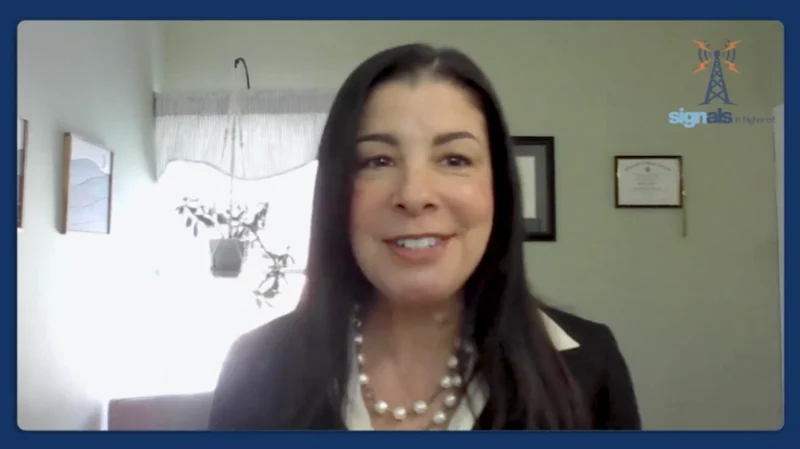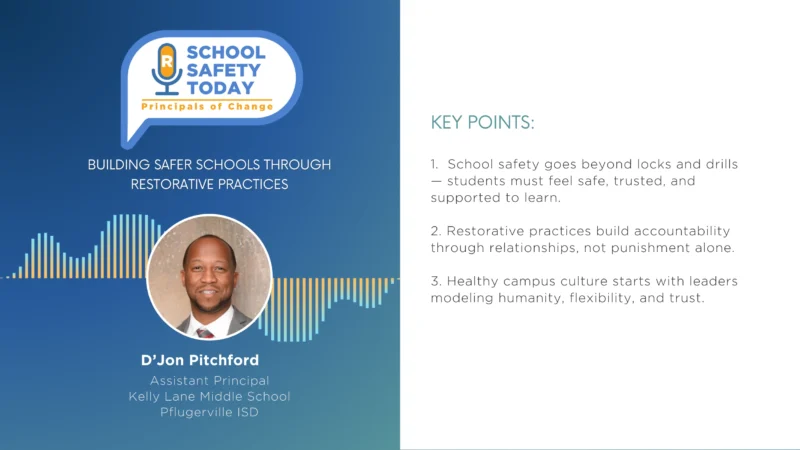Recapping Education in an Era of Disruptive Innovations: Navigating the Tides of Change in Education
As the world of education continues to evolve, one critical question emerges: How can disruptive innovations reshape our understanding of success and the role of education?
This pivotal inquiry sets the stage for the latest episode of “The Future of Education: Class Disrupted,” hosted by Michael B. Horn and Diane Tavenner. In this episode, they discuss the transformative power of educational innovations and explore how these changes redefine success and challenging traditional educational models.
“Education is one of the few industries that has been relatively unchanged by modern technological advances,” Horn said, reflecting on the essence of disruptive innovations in education.
“Innovation doesn’t come without disruption… we need to be mindful, but we also can’t be afraid to talk about what is really happening,” Tavenner added, emphasizing the need for adaptability in educational systems.
These insights from Horn and Tavenner encapsulate the episode’s core message, highlighting the urgency for educational systems to embrace change and innovation in the face of evolving societal needs and technological advancements.




